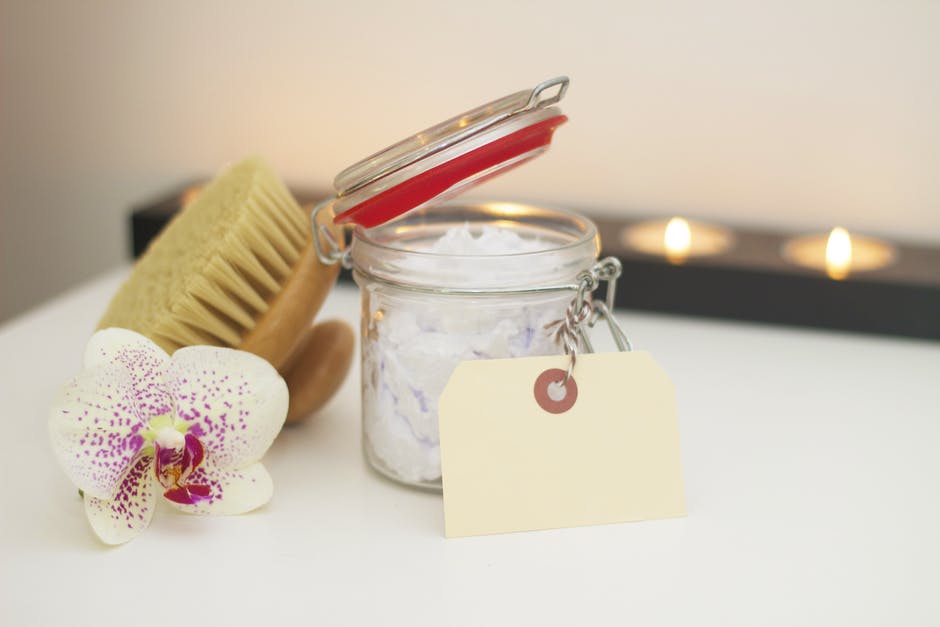7 Ways to Incorporate More Solitude Into Your Schedule

When you spend so much of your energy working or being with family and close loved ones, it’s so easy to lose yourself in your career or in the duties from the roles that you play, especially if you don’t live alone. While Western culture has created a stigma around solitude, making it synonymous to loneliness, sadness, or antisocial tendencies, it has actually been proven that solitude is good for you. But, to sustain that goodness from fading, you must make time for solitude, and while that seems impossible with so many responsibilities already stacked on your plate, a little always goes a long way. Psych2Go shares with you 7 ways to incorporate more solitude into your schedule:

1. Disconnect.
Set aside time to turn off your phone, TV, and computer. I know that sounds extreme, especially in a world where we rely heavily on gadgets for instant gratification, but constantly being “on” gives you less time to focus only on yourself. For instance, if you keep hearing your phone buzz from every text message or phone call you receive, you’ll feel obligated to answer. Disconnecting for a while allows room to breathe and you’d be surprised as to just how much you can get done without these external distractions.

2. Get up early.
Waking up half an hour earlier than the time you’re used to getting up at can give you an opportunity to rejuvenate before your day starts. You can use this time to go for a morning walk, meditate, or read. Showing up to work or school earlier than everyone else also means having quiet time to yourself to de-stress before you have to fulfill your responsibilities for the day.

3. Close your door.
Closing the door indicates that you need alone time, but by leaving it open, it acts as an invitation for someone to join you. If others still don’t get the hint that you need solitude, you can also put up a sign that says “Do Not Disturb.” Part of getting alone time means setting healthy boundaries between you and others. Unless it’s urgent or there’s an emergency, there should be no reason as to why others can’t leave you alone for a while without being interrupted.

4. Use your lunch time.
Sometimes, your workload cuts into your lunch time when you have a lot to accomplish for the day, but when you can, try not to work while you eat. Allow your lunch break to be an outlet to help you get yourself re-energized and back on your feet when you feel stumped or defeated. Perhaps use a few minutes to plug your headphones in and listen to your favorite song. Escapism, even if it’s brief, can help you detach from feeling overwhelmed all day at work.

5. Take a bath.
You can light your favorite scented candles and place it in your bathroom while you take a bubble bath. By creating a soothing environment where you can soak in warm water and relax, you’re allowing yourself to let go of all your troubles for the day. Showers, on the other hand, often feel quick and to the point. But, part of solitude is resisting the rush and enjoying where you are now.

6. Journal before you go to bed.
Journaling can help you reflect and put your thoughts down on paper instead of letting them fester up that may keep you up all night. By writing, you’re creating an intimate space between just you and your thought process. It’s a judgment-free zone, so it’s safe to be honest with your feelings. This helps with problem-solving as you figure out what’s bothering you, recording it, and coming up with solutions.

7. Reserve one day or at least a few hours every weekend for yourself instead of being with friends and family.
You can still go to your family functions and have dinner with your friends at that place you both have been dying to eat at, but having your weekends completely booked with plans leaves you no room for solitude. Split your time in a fair manner and reserve one day or at least a few hours every weekend to be by yourself. If you feel burnt out all the time, even socializing with loved ones won’t be enjoyable. In order to make sure that doesn’t happen, balance has to be created, and you have to listen to your body when it tells you it wants to re-charge in peace.
How do you make time for solitude within your busy schedule? Leave a comment down below!
References:
Carter, S. (2012, January 31). 6 Reasons You Should Spend More Time Alone. Psychology Today. Retrieved September 19, 2017.



[…] 7 Ways to Incorporate More Solitude Into Your Schedule […]
[…] 7 Ways to Incorporate More Solitude Into Your Schedule […]